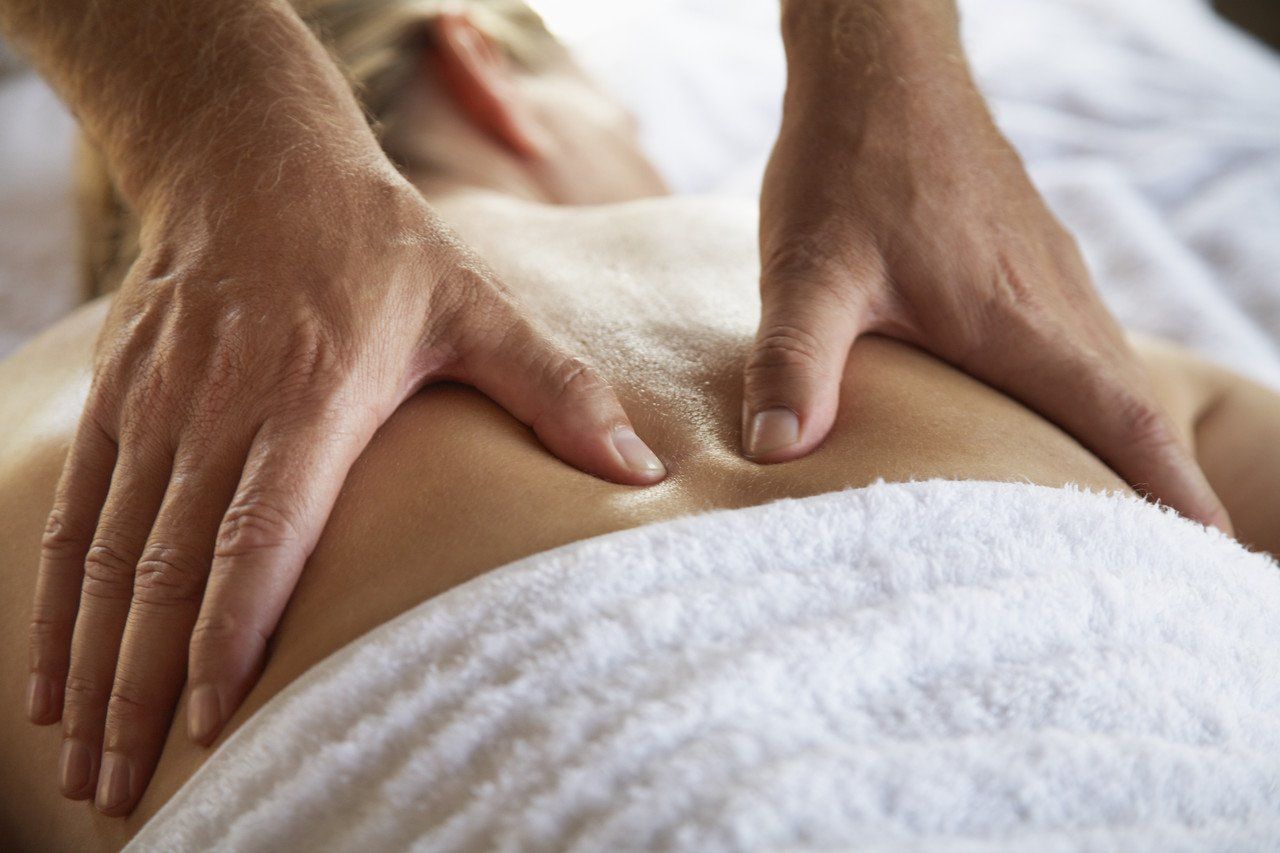Hydration
Yury Kanavalau • 13 November 2019
Hydration and why it is important.
It has become my custom to discuss the process of aftercare with every client I see. All my regular attendees are familiar with my routine and how I tend to emphasise one, seemingly, routine aspect of our daily lives that we tend to forget. That aspect is of course hydration.
Even if you spent the last decade living on an isolated island somewhere far away, you probably still heard about the importance of drinking water. ‘Water propaganda’ is quite literally poured on us from every media outlet on a daily basis. And yet, hydration remains one of the main challenges of modern life.
I regularly see quite a few coffee and herbal tea lovers who are convinced that they receive the right type and amount of hydration through the liquids that they consume. I am afraid I have to disappoint them and draw their attention to a number of facts, which, I hope, will motivate you, also, to embark on a journey to form healthy hydration habits.
Why is water important?
Our bodies are about two thirds water, and the blood as much as 90%. Water furnishes our cells with nutrients and oxygen, while at the same time washing away waste. Thus, our bodies use water in all our cells, organs and tissues.
So what are the main benefits of water?
1. Water lubricates the joints and helps to keep them healthy by increasing their shock-absorbing ability.
2. It forms saliva and mucus, helping us to digest our food and keeps the mouth, nose and eyes moist.
3. Blood is 90% water. Thus water delivers oxygen and nutrients throughout the body.
4. With dehydration the skin may become more vulnerable to skin disorders and premature wrinkling. Water boosts skin health and beauty.
5. Water helps us think! Dehydration can affect brain function and structure since water is involved in the production of hormones and neurotransmitters.
6. Water regulates body temperature through perspiration.
7. Our bowel needs water to work properly. Thus water is essential to our digestive system.
8. It flushes body waste as water is needed in the process of sweating and removal of urine and faeces.
9. It helps to maintain blood pressure.
10. The airways need water too!
11. Water dissolves nutrients and minerals making them accessible to various parts of our body.
12. Insufficient water consumption may lead to kidney stones and other problems. Thus water helps to prevent kidney damage.
13. It boosts performance during exercise.
14. Water may also help with weight loss, if consumed instead of sweetened juices and fizzy drinks.
However, there is no consensus as to what an ideal daily intake of water should be.
For every person it is quite individual.
Since this particular subject is still lacking sufficient research, I suggest you follow the most common guidelines of 2-2.5 litres a day. It is also important to remember to drink water regularly, throughout the day. Please try to make sure that you never feel thirsty! Our feeling thirty usually means that we are already dehydrated.
Please remember that to attain the best of health, we need to drink a lot of clear water all day and every day.






